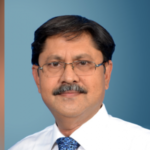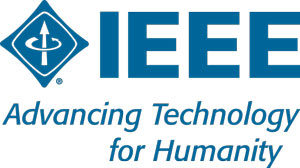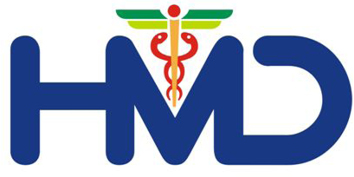Deepak will represent IEEE’s largest and most diverse geographic region, consisting of 26 countries, 59 geographical sections, 122,000 members
IEEE, the world’s largest technical professional organization dedicated to advancing technology for humanity, today announced Deepak Mathur as Director of the IEEE Asia-Pacific Region (R10) for the year 2021-2022.
The IEEE Region 10 represents the largest and most diverse geographical area for IEEE containing 26 countries with 59 geographical sections consisting of 122,000 members. This is also the fastest-growing region in IEEE with 48,000 student members. Each year, IEEE conducts 750 technical conferences in the region. Authors from Region 10 annually publish over 115,000 technical papers in IEEE publications.
 Deepak, a graduate of IIT Roorkee in India, has a long track record as an IEEE Volunteer, serving in various capacities over the last two decades. Mathur is a member of IEEE-HKN, the international honor society of the IEEE and served as IEEE India Council Chair in 2015-16. Mathur has received the prestigious IEEE Region 10 Outstanding Volunteer Award and the IEEE MGA Achievement Award.
Deepak, a graduate of IIT Roorkee in India, has a long track record as an IEEE Volunteer, serving in various capacities over the last two decades. Mathur is a member of IEEE-HKN, the international honor society of the IEEE and served as IEEE India Council Chair in 2015-16. Mathur has received the prestigious IEEE Region 10 Outstanding Volunteer Award and the IEEE MGA Achievement Award.
“Technology will shape the future of this region and Asia-Pacific will be a leader in artificial intelligence, electric and autonomous vehicles, 5G, robotics, renewable energy, gaming and entertainment,” said Deepak Mathur, IEEE Region 10 (Asia-Pacific) Director 2021-2022. “I see immense opportunity for IEEE to be part the rapid technological progress in the Asia-Pacific region. My focus during my tenure will be on young professionals and women in technology.”
Furthermore, Deepak says, “The Asia-Pacific region is focused on development in education, technology and on economic progress. There is an opportunity for IEEE to be relevant in each and every country in this region and provide support for technical education, skills development, research and innovation. I am very passionate about the opportunities for IEEE humanitarian programs and look forward to deepening the partnerships between industry and academia through IEEE in the region.”




